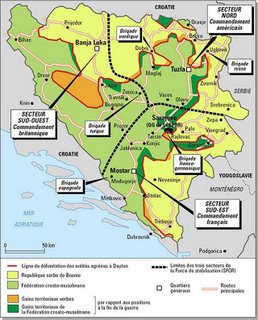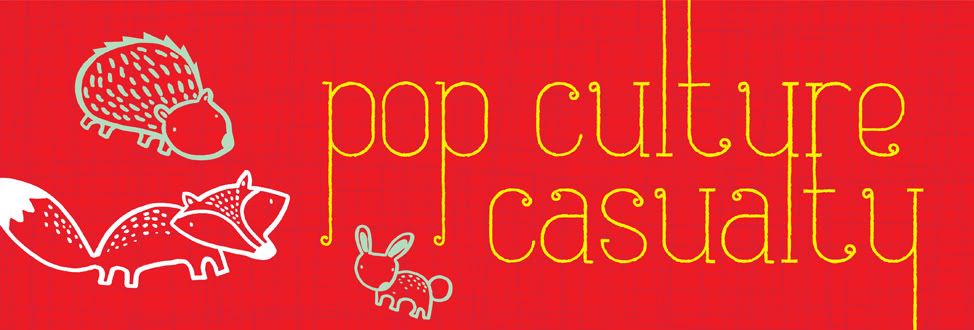
"Do you have AIDS?"
“What?” I spit out an incredulous laugh and half a mouth full of Turkish coffee. I wasn't sure if I had heard him correctly through his thick Bosnian accent.
“Do – you -have, AIDS?”
These were hardly the first words I expected him to speak.
Kasmir carefully rolled his cigarette in the ash tray to bring the cherry tip to a pencil point. He looked up at me from behind a swirl of smoke.
He couldn’t look me in the eye for long. It would have been inappropriate, according to Sher. But according to Sher's rules, it was also inappropriate for him to be sitting alone in a room with me.
Sher had spent the previous evening lecturing me on the customs of rural Muslim farmers in Bosnia. She filled me with small town tales of gossip and girls who’s reputations had been forever tainted by being caught driving in a car alone with a man or speaking to him alone in a large gathering.
Despite his twenty-eight years and his boldness at that moment, Kasmir was still a child. His soft cheeks blushed easily and his chocolate brown eyes seemed only to be stealing glances before they were hidden by the tips of his long dark lashes.
Since most Bosnians look ten years older than their actual age, I attributed Kasmir's youthful glow to the age he was when he stopped growing emotionally.
Sher told me that at sixteen years of age, his home was the front line of the war being waged in the Bosnian country side. Early in the war, his father and many other young husbands left to fight elsewhere. This left Saptna to be defended by teenage boys and aging grandfathers. His mother harbored the neighbor boys who had already lost their families and homes, providing them food and shelter. When the fighting would reach a stretch of cease-fire, Kasmir would count the men returning for his mothers cooking and warm blankets. He would note with innocent disappointment that one of his new friends had not made it back.
“He’s dead.” His mother would tell him.
“Set the table lazy boy.”
Kasmir grew up in a culture of war. His mother wouldn’t allow him to leave the house, for fear he would never return. So his education about foreigners had been painted by coca-cola ads in foreign magazines and MTV videos.
Somewhere amongst this education was the idea that all American girls were running around studio 54 shooting heroin, having casual sex and contracting HIV.
"No Kasmir. I don't have AIDS."
Sher poked her head in from the kitchen. "Do you need me to translate?"
"No thanks Sher. I think I've got this one."
Sher was following me across Bosnia, translating my four hour seminars on 'finding employment in a developing economy'. She was assigned to me when I monitored my first election. But we got along so easily that I requested her again for the seminar series.
She had taken it upon herself to sponsor my arrival into the Saptna social scene.
After an eighteen hour night quarantined to OSCE headquarters because of a terrorist threat, she took me home with her. I met her boyfriend Almir and her cousin Kasmir in a bleary eyed daze. I fell asleep in the back of the car, despite the risky twists and turns of Kasmir's driving.
When I woke up, I was lying on a polyester couch. Sher and her boyfriend were making coffee in the next room and Kasmir was sitting across from me. Watching me sleep.
He got up and returned with a demi cup of Turkish coffee and three sugar cubes.
I picked up the coffee cup with one hand and tried to wipe the sleep out of my eye with the other. As I raised the glass for a giant swig of caffeine, he gently reached across the table that divided us and stopped my hand.
He shook his head, picked up a sugar cube, and placed it between his teeth. Demonstrating the proper way to drink, he slurped the coffee through the sugar cube, just a little, put the cup back down, moved the sugar cube to his cheek and lit a fake Winston cigarette.
I followed.

No comments:
Post a Comment